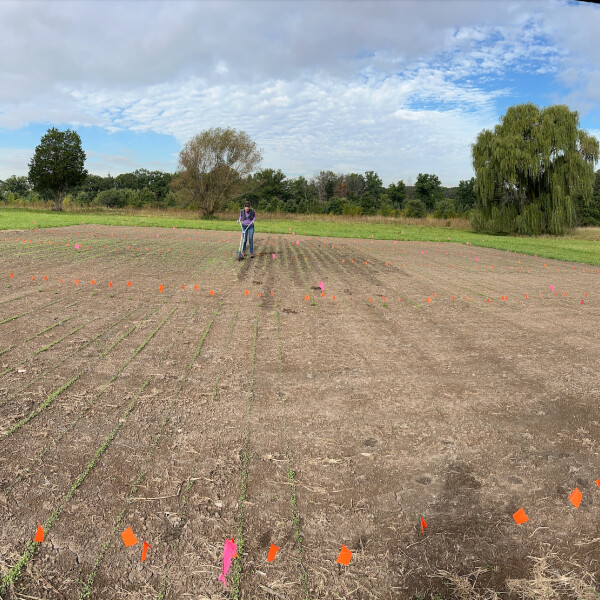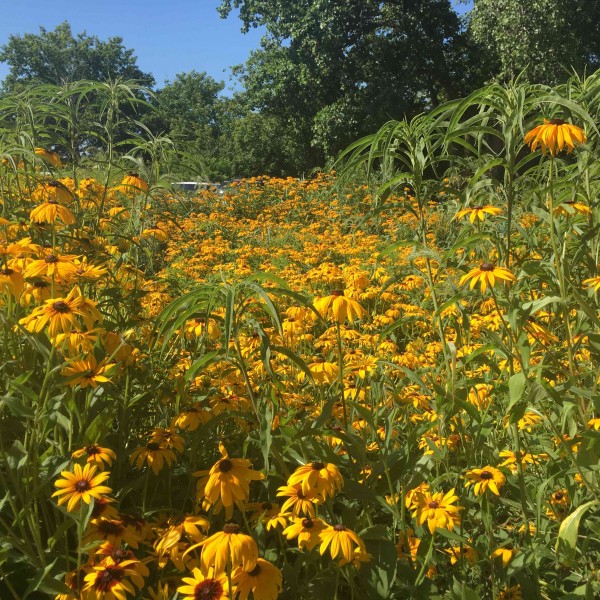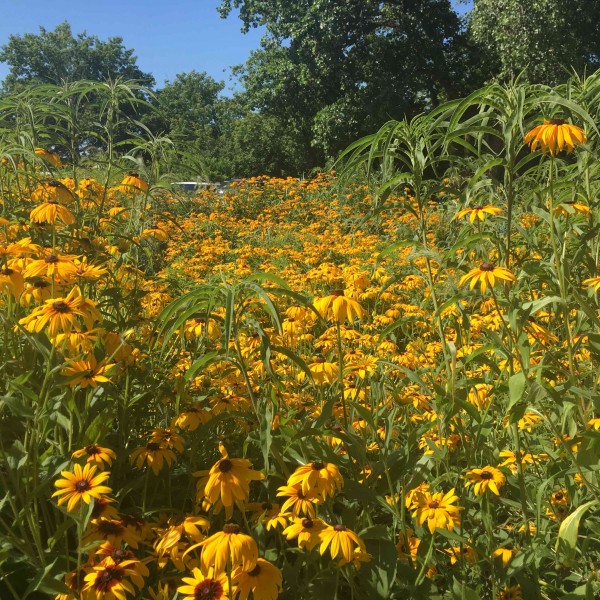
Testing the broad-scale effectiveness of perennial crops to restore degraded farmlands 2023
30% field, 70% lab work
Ecology, Soil & Fungal Biology, Fieldwork, Labwork
Agricultural intensification can help meet human demand for food, fiber, and fuel, but it comes with large environmental costs, especially soil degradation. One way to mitigate such degradation is to planting perennial crops instead of annual crops (termed perennialization) and planting two or more crop species together in the same field (known as polyculture). These practices promote soil stability and water and nutrient cycling, largely due to improvements in soil organic carbon (C). One emerging perennial crop is Kernza, a perennial wheat. Kernza has been found to promote significant improvements in soil health in degraded land within the first year after planting, especially when grown in with alfalfa.
In this study, the REU intern will analyze soil samples collected from a multi-site experimental study of Kernza monocultures and polycultures (with alfalfa). Of the manageable soil properties valued most for soil health and resilience, none are more important than soil carbon (C). The REU will analyze soils for reactive C and microbial biomass C, and use the results to determine how Kernza monocultures and polycultures can broadly impact soil health and resilience.



